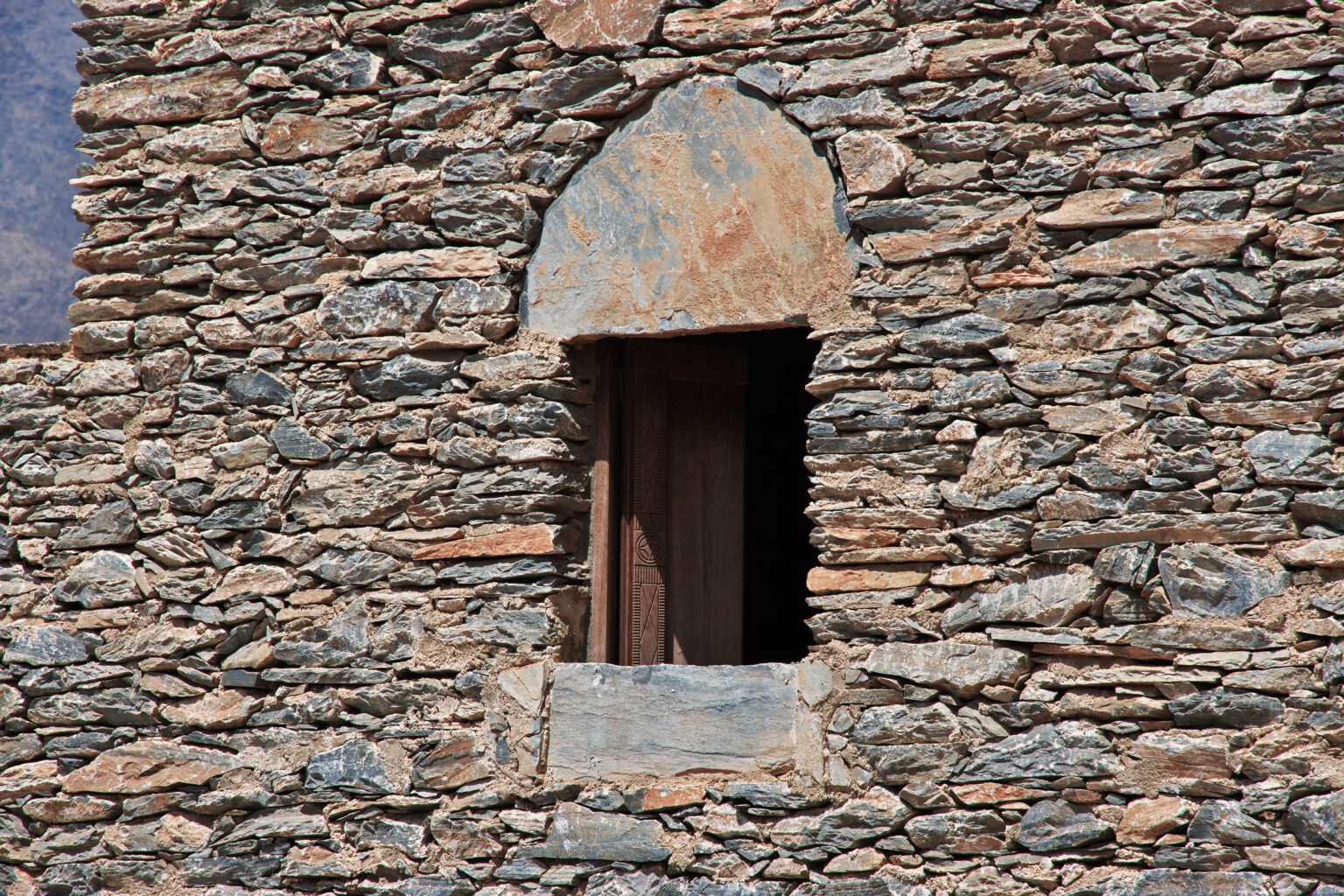Ummatics Institute Workshop
Managing Deep Differences in Comparative Perspective
Jul 2024
Kuala Lampur, Malaysia
The Ummatics Institute invites submissions for a workshop on the theme of Islamic Resources for Managing Deep Differences in Comparative Perspective.
We are inspired by the belief that the resources Islam offers—as a deen, as a revealed truth, a signifier of beliefs and concrete embodiment for two billion Muslims in the world, and a discursive tradition that links historical experience and future imagination—are necessary and sufficient to overcome intra-Muslim deep differences within a single political apparatus under proper conditions. By deep differences, we mean those differences that are prone to turning into conflict and threaten harmonious coexistence, and by intra-Muslim, we mean such differences among Muslims regardless of whether these pertain to Muslims qua Muslims (that is, to their salvific quest) or those that they experience as embodied beings belonging to certain ethnicities, classes, linguistic groups, nations, and so on. We consider the exploration of the proper institutional and discursive conditions as an urgent task for scholars today.
The Ummatics Institute, accordingly, aspires to produce and encourage a robust body of multivocal, contemporary scholarship that is grounded in a critical, studied acknowledgment of the existence of deep differences and envisions bold, creative, and yet authentic solutions to ensure peaceful co-existence among Muslims, notwithstanding the variety of our differences. We contend that any solution to disagreements and conflicts that ignores, is hostile to, or is not grounded in, Islamic ummatic unity is bound to threaten both the flourishing of Muslims and further expose us to a hostile and unstable world.
The Ummatics Institute invites robust academic contributions that explore these Islamic resources from both theoretical and practical perspectives. We invite submissions on the following themes and related issues:
- Exploration and deepening of the existing historical scholarship on deep differences in the Muslim past, distant and recent, especially as it calls into question secular critiques of Muslim deep differences and various forms of secularism being the answer to Muslim deep differences. As scholars like Wael Hallaq (The Impossible State, 2012) and Michael Cook (Ancient Religions, Modern Politics, 2014) have argued, Islamic societies have historically enjoyed remarkable levels of social peace. How was this the case despite various intra-Muslim differences? What can we learn from these historical experiences for the present moment?
- Contributions may inquire whether religious sectarianism is worse for the prospect of political cohesion than any other secular kinds of conflict. Any list of the many contemporary conflicts involving Muslims will quickly demonstrate that religious deep difference is hardly the most serious source of conflict. Thus, even as we center the issue of intra-Muslim religious conflict, particularly between Sunnis and Shias, it is important to question the portrayal of this sectarianism as an especially intractable form of discord. This is especially true given the prevalence of more severe and widespread forms of secular exclusion, hatred, and violence around the world. Conflicts arising from ethnic and linguistic differences, often fueled by economic or political elites seeking control over resources or power, can be equally disruptive, (ir)rational, and prone to extreme violence as those stemming from sectarian differences. Sectarianism, no doubt, adds an intensely felt sense of betrayal and vulnerability among believers, be they communities of faith, nationalist revanchists, or progressive liberals. In this vein, works in a range of disciplines such as William Cavanaugh’s The Myth of Religious Violence (2009), Toby Mattheisen’s The Caliph and the Imam (2023), Ussama Makdisi’s Age of Coexistence (2019), and John Gray’s Black Mass (2007) offer productive starting points.
- Truth and tolerance often appear to be in tension, and many devout believers require nothing less than total agreement on doctrine for political coexistence. The difficulty seems to be that the quest for truth often requires a rigorous defense of one’s doctrine, whereas the quest for peaceful co-existence often demands pragmatic compromise. This tension is not a result of religious intolerance but a fundamental challenge of all political life. Liberalism’s attempt to banish truth from the public sphere, antithetical to Islam in its own right, has come under increasing internal criticism. We invite exploration of the past or possible future Islamic model(s) for overcoming this tension. In some cases, the freedom and obligation to defend our doctrine in neutral settings, even if such neutrality is always incomplete, may better serve our quest for religious truth. What are the political arrangements, cultural and intellectual strategies, and institutions that have facilitated the balancing of these two goods, either in the past or in the contemporary world? The very norm of “no compulsion in religion” that legislates tolerance toward non-Muslims applies with even greater relevance to intra-Muslim differences. Why does this tolerance at times fail, and what are the scriptural and intellectual means for this balance to be more productively maintained?
- One of the key strategies to maintain this balance in Islamic tradition has been through maintaining a distinction between the realm of politics (siyasa) on the one hand and law (fiqh) and belief (aqida) on the other. This is not secularism, for both the political and the other realms are equally part of the Islamic order, both defined by Islamic norms and guided by the Islamic goods of worldly flourishing and eternal salvation. Furthermore, the distinction is itself required or at least justifiable in Islamic terms, as evidenced in the Prophet’s own tolerance of multiple norms, and how Imam Malik refused to impose his own collection of legal precedence on all Muslims, for example. The institution of dhimma itself conditioned Muslims to view their religious truth as constrained by their legal obligation. We invite contributions that explore this crucial conceptual space, that we label as ummatics, and which lies within Islam yet outside of the thickly embodied religious-communal life held together by particular legal and theological doctrines not shared by all Muslims.
- The purported removal of religion from public/political life has neither guaranteed secular peace nor mitigation of deep differences. Nor can the claim of secular neutrality be seriously entertained (see, e.g., Talal Asad’s Formations of the Secular (2003), William Connolly’s Why I am not a Secularist? (2000), and Wendy Brown’s Regulating Aversion (2005)). Those who tout Western nations as examples of tolerance and attribute their ability to manage difference to secularism often neglect the intimate interdependence of tolerance at home to colonialism and genocidal wars against outsiders and discount the effects of ongoing economic and military domination. More importantly, neither secularism nor institutions of liberal democracy have guaranteed religious peace or material prosperity in many non-Western countries. The rise of non-Western “civilizational states” such as China, and the return to a multipolar world, have further challenged the lazy assumption of the “end of history” in the form of liberal-capitalist democracy. This strengthens the need for any Islamic political theory to question said assumption. Nevertheless, valuable attempts have been made to the peaceful management of deep difference in liberal democracies, and their contributions, internal critiques, and failures are all highly instructive for future ummatic political thought. Most scholarly efforts thus far on this front revolve around some iteration of Rawlsian political liberalism, anchored in the possibility of a neutral public reason that explicitly aims at consensus building. However, over the years, there have been many noteworthy criticisms of this approach, such as on its failure to adequately account for the views held by religious citizens (Andrew Murphy, “Rawls and the Shrinking Liberty of Conscience”, 1998; Paul Weithman; Why Political Liberalism? (2011); Christopher Eberle, Religious Conviction in Liberal Politics (2002); Saeed Khan, “Fallacies of Foundational Principles: Rawls’s Political Liberalism and Islamophobia”, 2017). Considering that we are theorizing from within a distinctly ummatic context in which we assume a society underwritten by Islamic values and perfectionist aspirations, how we can we devise novel strategies regarding public reasoning that effectively facilitates viable participation and debate and deliberation on important public matters without undermining the baseline cultural/religious unity of an ummatic society?
- What can we learn from others’ attempts to theorize non-liberal accounts of public deliberation? For example, Confucian scholars have offered thoughtful perfectionist accounts of public reason that still aim to account for value pluralism within societies that are more or less rooted in a certain comprehensive doctrine (Joseph Chang, Confucian Perfectionism: A Political Philosophy for Modern Times (2013); Sungmoon Kim, “Public Reason Confucianism–A Construction”, 2015; Sor-hoon Tan; Confucian Democracy: A Deweyan Reconstruction(2003)). However, little on this front has been done from within the Islamic tradition. We invite papers that explore what possibilities the reconfigurations of non-liberal approaches to public reason, including – but not limited to – public reason perfectionism and agonistic pluralism offer for a distinctly ummatic approach to the management of public reason and deep difference. Unlike dominant secular models that have attempted to capture and normalize the state of religious decline and indifference in the populations of the Global North, ummatic thought must center and normalize the experience of devout faithfulness of Muslim majorities, and encourage through robust theories and institutions a return to Islamic tolerance and unity.
Timeline and inquiries
All inquiries and submissions should be sent to jkaminski@ummatics.org. Abstracts of approximately 350-500 words, with an accompanying author bio, are due by 31 December 2023. Authors of accepted abstracts will be notified by 15 January 2023, inshāʾalla. Full draft papers must be submitted by 31 March 2024 and should be between 5000-7000 words long. The workshop will be held in person in Malaysia in July 2024—inshāʾalla—with the exact date and venue to be confirmed. Selected papers will be considered for submission to a Scopus-indexed academic journal. Lodging and meals will be provided. Travel expenses are to be covered by participants. Those who cannot travel to Malaysia are still encouraged to submit an abstract and work on a paper for publication.




